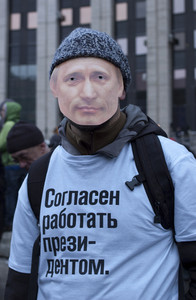The term “social media” is often used to describe the internet and its uses, but it’s also used to describe the social side of the internet. The idea is that you can interact with others in a more personal way than you would if you were just browsing the web.
The biggest problem with social media is that people have very different ideas about what it means. Some think it’s a place where they can talk about their lives, while others think it’s a place where you can make friends. It can be both. But it’s important to know what the difference is.
If you want to talk about your life, there are places like Facebook and MySpace. These sites allow you to share photos, videos, and other things that are part of your daily life. You can talk about anything you want, as long as it’s appropriate for a public forum.
On the other hand, if you want to make friends, there are sites like Twitter and Friendster. These sites allow you to connect with people based on their interests and hobbies. You can get to know someone better by reading what they post.

Of course, there are sites that fall somewhere in between. For example, there are some sites that allow you to share photos and videos, but only if they are tagged so that people can find them. This allows you to share pictures without having to go through the whole process of uploading them to a site.
So which type of social media is right for you? The answer depends on what you want to do with it. If you want to talk about your personal life, then you should use sites like Facebook and MySpace. If you want to make friends, then you should use sites such as Twitter and Friendster. And if you want to share photos and videos, then you should use sites that allow you to tag them.
Once you understand the difference between the types of social media, you can decide whether you want to use one or another. The key is to find the right combination for you.



